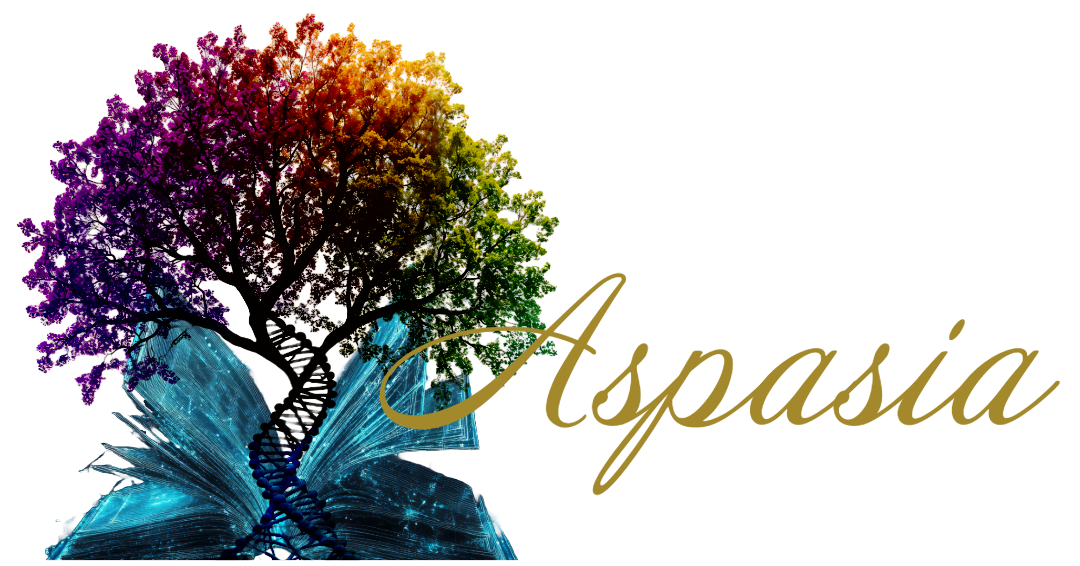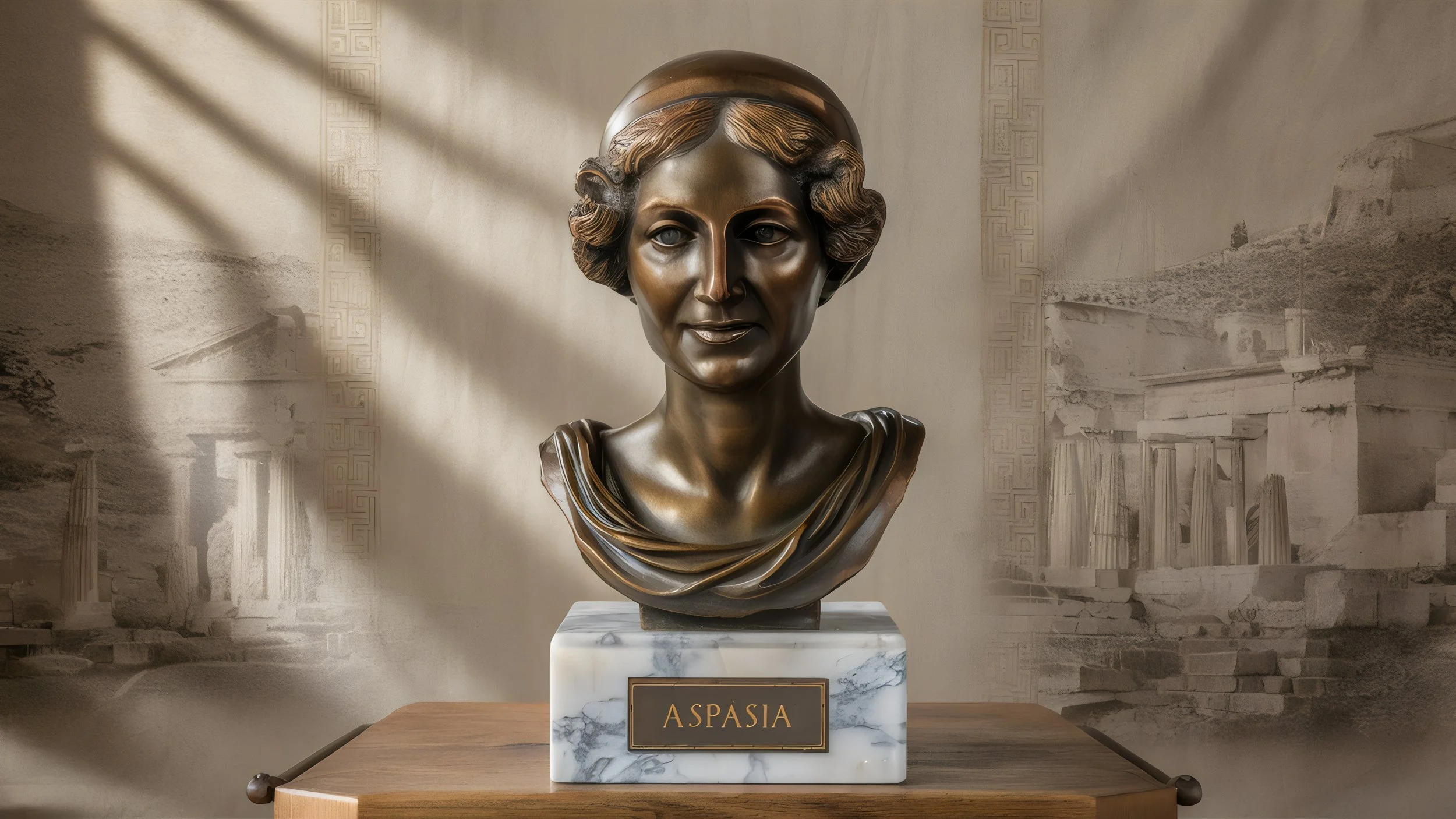
Aspasia was born from the kind of knowing that lives in the body long before it has words. My earliest memories are marked by trauma.
The kind of trauma that doesn’t show up in tidy timelines or medical charts—but seeps into the nervous system and shapes how a person feels the world. Long before I ever wore a stethoscope or carried credentials, I was studying survival. Learning how to read a room before I could read a book. Learning that safety was not a given—it was something you had to create.
That childhood—riddled with chaos, silence, and moments no child should have to carry—made me intimately fluent in trauma long before I became clinically trained to recognize it.
For years, I worked within the system—as a forensic nurse, specializing in trauma and trauma-informed care and as nursing faculty teaching on an orthopedic/neurologic trauma floor—I bore witness to the aftermath of violence and disaster, to the fracture points of people’s lives. And I carried my own unspoken history beside theirs, finding myself in an abusive marriage, attempting to unpack my own traumas as I held space for each of my patients, unwittingly adding layers to the trauma I had already spent a lifetime surviving.
But I also carried a different kind of knowing.
A fierce, quiet sense that healing—true healing—was not found in pills and protocols alone.
That it required something more sacred, more embodied, more honest.
Eventually, I walked away from both the marriage and the nursing system I had built a career in. Not because I had lost faith in healing—but because I believed in it more fully than the systems around me allowed.
And that is how Aspasia came to be.
Named for the ancient thinker who lived outside of convention and challenged the philosophical elite, Aspasia is my offering to those seeking something deeper. Through The Aspasia Connection, I bridge the hard science of neurobiology with the subtle intelligence of the body, weaving in quantum theory, human consciousness, and somatic practices to help people return to themselves.
This isn’t about diagnosis or symptom management.
It’s about reclamation.
It’s about remembering the wisdom stored in our cells, and reclaiming the stories we were taught to hide.
Feeling the constraints of the current state of the healthcare system, I no longer practice as a nurse. What I offer now is rooted in lived experience, clinical insight, and a deep devotion to creating healing spaces where safety isn’t just spoken—it’s felt.
Aspasia is for those who have endured, those who are searching, and those who believe there must be a another way forward—and are ready to reclaim it. It’s for those ready to turn their pain into power—and their nervous system into an instrument of peace.
Not broken. Not fixed. Just here. Just human.
Welcome!

“Well-behaved women seldom make history.”
Aspasia of Miletus stands as a powerful symbol of unity through knowledge and dialogue. In ancient Athens, her extraordinary intellect and skill in rhetoric bridged divides, bringing together philosophers, leaders, and thinkers in her home for meaningful exchange. As a mentor, including to figures like Socrates, and an advisor to Pericles, she embodied the idea that education and conversation could transcend societal boundaries.
Her legacy reminds us that collaboration and understanding thrive when we empower all voices, regardless of gender or circumstance. Today, Aspasia's story inspires us to nurture inclusivity, celebrate diverse perspectives, and recognize the strength we find in coming together to share ideas and build a better world. Her life serves as a timeless reminder that true progress is born from unity and mutual respect.

